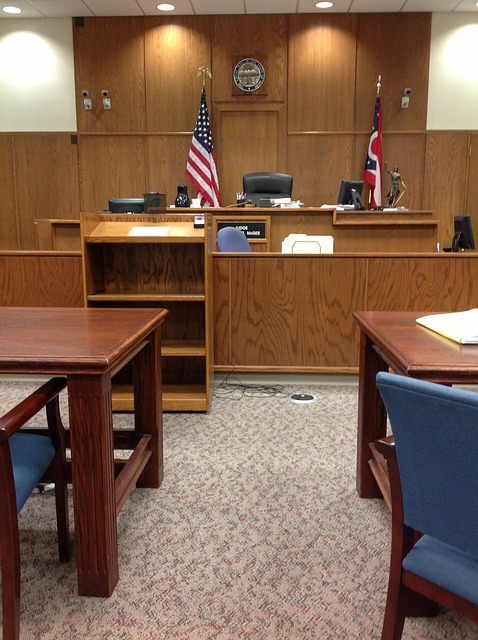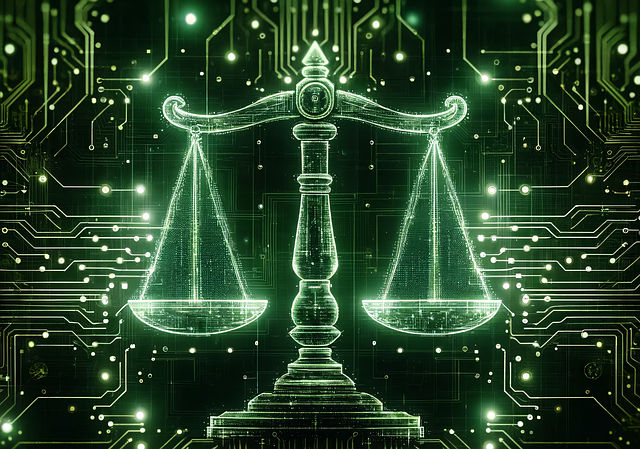Healthcare Law Firms play a crucial role in navigating medical law, including plea bargaining where they balance pros like avoiding trials and reduced sentences against cons such as guilty pleas despite innocence and complex financial transactions. Plea bargaining offers advantages to healthcare professionals facing charges, but vulnerable defendants may face pressure due to legal costs and harsher potential outcomes, emphasizing the need for careful consideration based on fairness principles.
In today’s complex healthcare landscape, specialized legal firms play a pivotal role in navigating intricate regulations and ensuring compliance. This article explores the crucial functions of healthcare law firms, with a particular focus on plea bargaining—a strategic option for defendants facing criminal charges. We delve into the pros and cons of using plea bargaining in healthcare-related criminal cases, weighing the potential benefits against ethical considerations to provide a comprehensive understanding for all stakeholders.
- Understanding Healthcare Law Firms: Their Role and Impact
- Plea Bargaining: A Strategic Defendant Option
- Pros of Plea Bargaining for Criminal Cases in Healthcare
- Cons and Ethical Considerations in Plea Bargaining Defense
Understanding Healthcare Law Firms: Their Role and Impact
Healthcare Law Firms play a pivotal role in navigating complex legal landscapes within the medical industry. Their expertise extends beyond general legal services, delving into specialized areas like regulatory compliance, insurance disputes, and patient rights. These firms are instrumental in guiding healthcare providers, institutions, and even patients through intricate matters, ensuring adherence to stringent regulations and promoting ethical practices.
One notable aspect of their impact is the role they play in plea bargaining for defendants facing medical-related charges. Plea bargaining pros and cons for defendants are varied, offering a balance between quicker resolutions and potential concessions. The unique challenges presented by healthcare cases demand an unprecedented track record of success from these law firms. Whether handling jury trials or negotiating settlements, their ability to advocate for their clients’ respective business interests is evident, shaping the legal outcomes that define the medical sector’s future.
Plea Bargaining: A Strategic Defendant Option
Plea bargaining is a strategic option for defendants facing healthcare-related legal charges. This process involves negotiating with prosecutors to accept a lesser charge or sentence in exchange for a guilty plea. For defendants, the key pros include avoiding a potentially more severe indictment and the stress of a trial. It can also lead to reduced penalties, such as shorter sentences or fines, which can be particularly beneficial for individuals facing significant financial hardships.
However, there are also cons to consider. Plea bargaining may result in a guilty verdict, even if the defendant is innocent of the initial charges. Moreover, once a plea bargain is accepted, it’s often impossible to retract it, leaving no room for changing circumstances or new evidence that could exonerate the individual. In the context of white-collar and economic crimes, where complex financial transactions can create unprecedented complexities, having an experienced legal team is crucial. This ensures defendants make informed decisions, balancing the plea bargaining pros and cons against their best interests and the specific details of their case.
Pros of Plea Bargaining for Criminal Cases in Healthcare
Plea bargaining is a strategic process in criminal law where defendants agree to accept a lesser charge or sentence in exchange for pleading guilty. This practice offers several advantages for healthcare professionals facing criminal charges, especially in white-collar defense cases. One of its key benefits is efficiency; by negotiating a plea deal, the defendant can often avoid lengthy and costly trials. This is particularly valuable when dealing with complex medical matters that require extensive legal research and preparation.
Additionally, a successful plea bargain may result in reduced penalties, including fines and imprisonment. For healthcare providers, this could mean preserving their professional licenses and reputation, which are invaluable assets. The defendant’s unprecedented track record of successful outcomes for his clients might also be a factor in the negotiation process, leading to more favorable terms.
Cons and Ethical Considerations in Plea Bargaining Defense
Plea bargaining, while often seen as a strategic move by defendants facing legal charges, comes with its own set of cons and ethical considerations. On the one hand, it offers an opportunity for defendants to avoid lengthy trials and potentially reduce their sentence length. This can be particularly appealing in cases involving complex or voluminous evidence, where a plea bargain might lead to a more predictable outcome. However, the process often involves acknowledging guilt, which could have long-term implications for future employment and social standing, especially in communities that value integrity and accountability.
Moreover, plea bargaining can disproportionately impact vulnerable populations, including those from lower socioeconomic backgrounds or facing white collar and economic crimes. The pressure to accept a plea deal might stem from the high costs of legal representation and the potential for harsher sentences if found guilty at trial. This raises concerns about due process and equal justice under the law. In light of these considerations, it’s crucial for defendants to weigh the pros and cons of a plea bargain, ensuring that their decision aligns with their best interests and reflects the principles of fairness within the criminal justice system, particularly in consideration of the philanthropic and political communities they may be part of.
Healthcare law firms play a pivotal role in navigating complex legal landscapes, particularly in criminal cases. Plea bargaining, as a strategic option for defendants, offers both advantages and disadvantages. While it can provide benefits like reduced sentences and the avoidance of trial costs, ethical considerations must be addressed to ensure fairness. Understanding these nuances is essential for both legal professionals and those involved in healthcare-related criminal cases, especially in light of the evolving legal landscape. By weighing the plea bargaining pros and cons, defendants can make informed decisions while considering the long-term implications.






